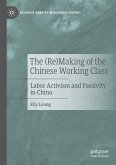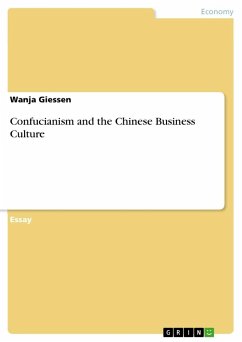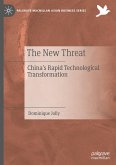This book engages with Foucault's theoretical works to understand the (re-) making of the working-class in China. In so doing, the author applies Foucault's genealogical (historicalization) method to explore the ways the Chinese Communist Party (CCP) develop Chinese governmentality (or government of mentalities) among everyday workers in its thought management system. Through the investigation of the key events in Chinese history, she presents how China's stable political party is sustained through the CCP's ability to retain, update and incorporate many Confucian discourses into its contemporary form of thought management system using social networks, such as families and schools, to continuously (re-) shape workers' consciousness into one that maintains their docility.
This book will bring a new voice to the debate of Chinese working-class politics and labour movements. It will serve as a gateway to comprehensive knowledge about China for students andacademics with interests in Chinese employment relations, Chinese politics, labourist activist culture, and social movements.
This book will bring a new voice to the debate of Chinese working-class politics and labour movements. It will serve as a gateway to comprehensive knowledge about China for students andacademics with interests in Chinese employment relations, Chinese politics, labourist activist culture, and social movements.








